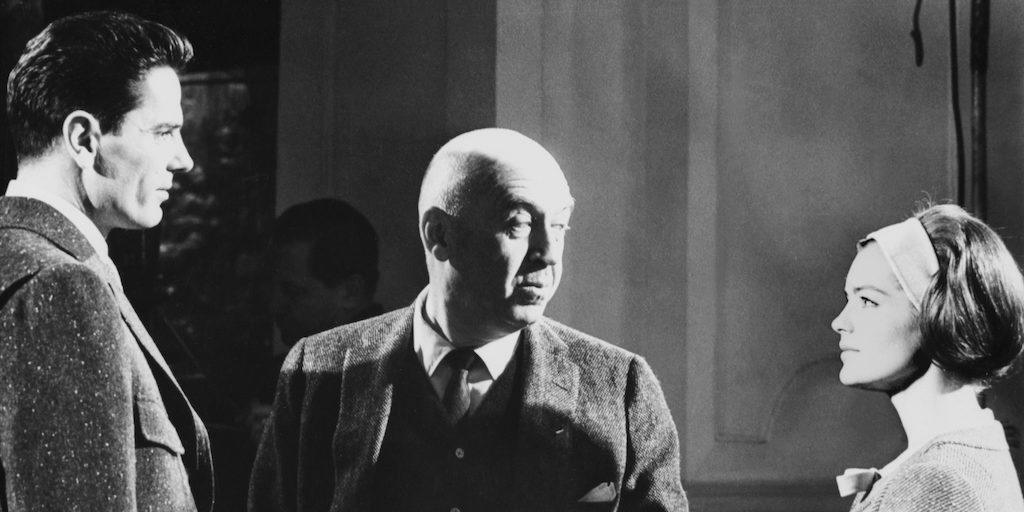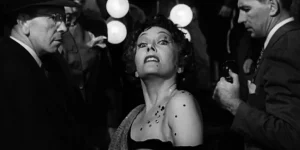For the Quintín of the 90’s
There is a complacent film criticism. Complacent, above all, with Argentine Cinema. After achieving its independence, a quarter century ago, from the blackmailing demand of “supporting argentine cinema” ––as if the function of film criticism were that of a promoter–– some years ago, and in a sneaky way, those achievements have reversed until returning to the same kind of “support” that the critical establishment set in the 80s, with the official cinema of that time, represented by official movies, aesthetically sterile or plain awful like The Official Story, Contar hasta diez or Darse cuenta. In the same way back then, when the leading and currently influential publications ––Clarín, La Nación–– praised on their knees the opportunism disguised as supposedly good intentions of those official movies, now other critics, of similar “influence” or perhaps simply ineffective, presumed heirs to the “new film criticism” of the 90s, came to occupy that opening.
The artillery-like defense of the New Argentine Cinema served to little avail, as well as the recognition of what it stood for ––a reply to that academic and inert cinema during the Alfonsín administration of the 80s––, which marked a critical rupture in the mid-90’s, in consonance with the rupture represented by filmmakers like Martin Rejtman, Lucrecia Martel, Adrian Caetano and their successors. A couple of decades later, a new complacent criticism is consolidated, supporting anything made by any mediocre and/or neo-academic filmmaker, as long as they hold an Argentinian passport. You can shoot a boring piece lacking any political and aesthetical thought, any film à la page ––a little bit of generic flexibility, another bit of that uselessness usually known as “good intentions”, and another bit of contribution to the circumstances of the hegemonic political correctness–– that guarantees a “Good” or “7/10” rating that makes things easy for you. Of course, they don’t make it easy at all, because neither the movie nor the complacent criticism supporting it will be followed by any audience, but everybody behaves like if that criticism bears any impact and acts in consequence.
The word “criticism” sounds, right off the bat, like an excess, in the face of this cynical form of complacency represented by the “criticism” of these business partners, that come to bury what once was the “new criticism”. In fact, it’s about the promotion of the kind of mediocrity signaled today by a “new” argentine cinema that has left behind any ambition of being new decades ago. Anything is shot ––carbon copies of “everyday life” desperately mimetic, the purest form of filmed theatre, contributions to a political correctness as flexible as the “cinema of the disappeared” of the 80s, the neodandysm, the apathy, the cancerian low blows–– and everything is praised not for what it is, but for what it pretends or claims to be. Not daring to the slightest questioning of the ordinary, of setting one tiny foot beyond what’s accepted.
In the mid-90’s Argentine cinema ––by filmmakers such as Martin Rejtman, Lucrecia Martel or Adrian Caetano–– broke off with its past violently, like a slash. The “new criticism” accompanied it, thought about it and took some critical distance. On the first decade of the 21st Century the up-to-that-moment New Argentine Cinema started to stomp strongly in the festival circuit and, in similar fashion, ran the risk of aesthetically gentrify. If they didn’t, it was because those pioneers remained faithful to their convictions. But the mainstream of the old “New Criticism” started to work as a promotional arm of those films that started to release internationally. In the next decade it became notorious that the heirs to that wave of criticism were willing to support without the slightest critical distance to the new referents. In the current decade is already evident that critical mediocrity is molded towards flatness, the decadence of contemporary Argentine cinema, that is no longer such.
Creative mediocrity provokes the most absolute indifference. In the other hand, the flexible character of contemporary criticism, one that renounces its function to avoid discomfort in the air, and sets back that conquered independence by another thirty years is downright disgusting.













